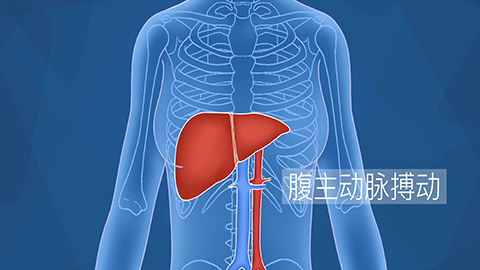What does ACS stand for in medical terms?
Generally, in medicine, ACS refers to acute coronary syndrome, a clinical syndrome caused by acute myocardial ischemia. A detailed analysis is as follows:

Acute coronary syndrome primarily results from the rupture or erosion of atherosclerotic plaques in the coronary arteries, leading to platelet aggregation, thrombus formation, and subsequent occlusion of the coronary arteries, causing myocardial ischemia and hypoxia. It includes three types: ST-segment elevation myocardial infarction (STEMI), non-ST-segment elevation myocardial infarction (NSTEMI), and unstable angina. The main clinical symptom in patients is severe chest pain, which occurs frequently or persists continuously. Diagnosis of this condition mainly relies on medical history, electrocardiogram (ECG) examination, and detection of myocardial injury biomarkers. The ECG may show changes in the ST segment and T wave, while elevated myocardial biomarkers indicate myocardial damage.
Acute coronary syndrome is a life-threatening condition that requires prompt medical treatment at a hospital. Patients may take medications such as aspirin enteric-coated tablets, xuesaitong capsules, and warfarin sodium tablets as directed by a physician. In severe cases, coronary artery bypass grafting (CABG) may be necessary. This procedure involves using the patient's own blood vessels as grafts, with one end connected upstream and the other end downstream of the occluded area to restore blood flow to the affected myocardium.











